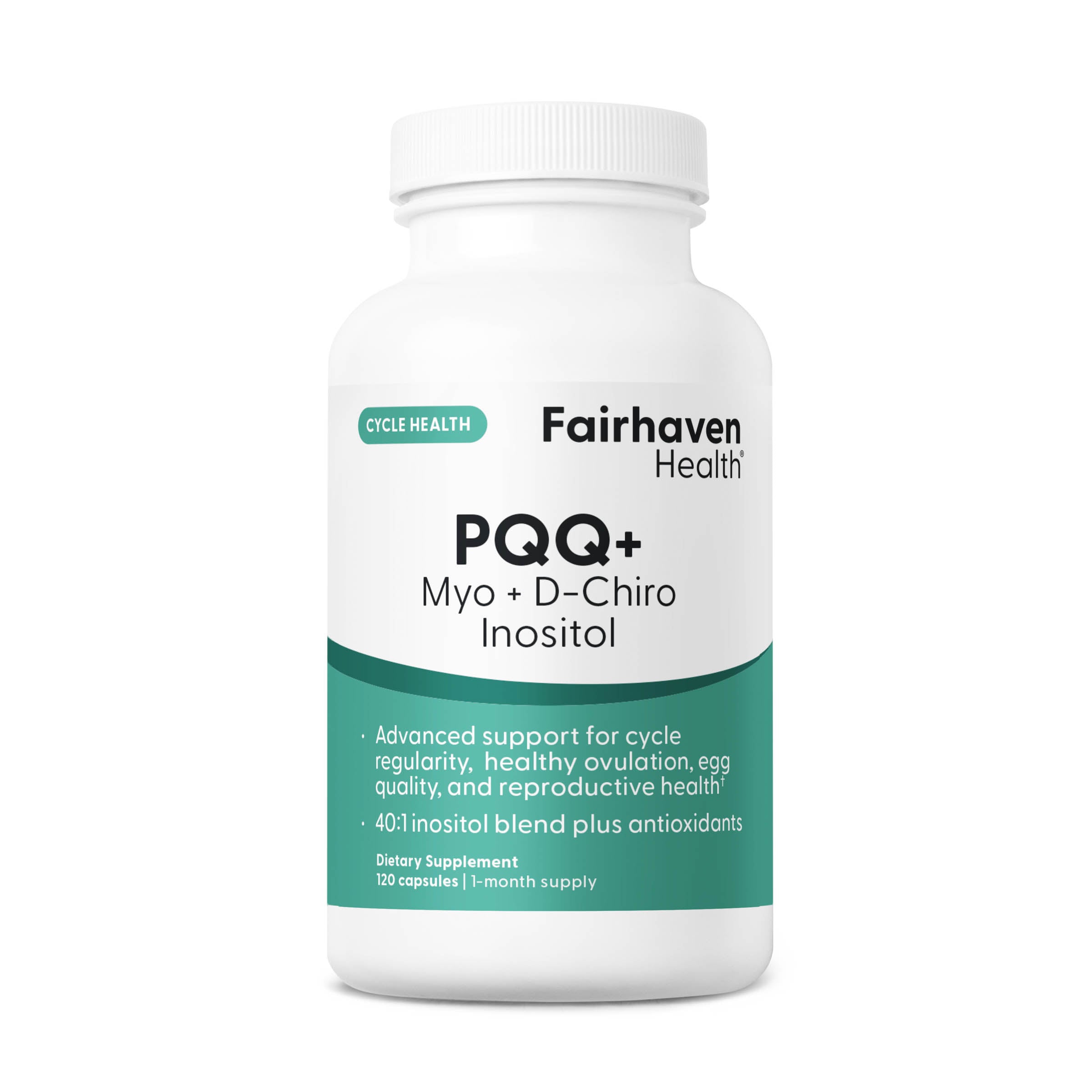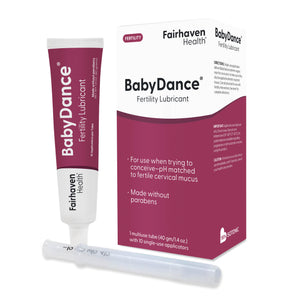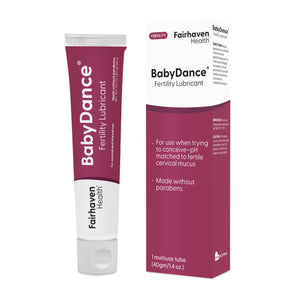by Dr. Lora Shahine
It can be shocking to find yourself struggling to conceive, but one thing is for sure – you are not alone. Health class taught us to fear getting pregnant before we were ready to start a family and did NOT teach us that one in six couples trying to conceive will be unable to do so. You can be bombarded with advice when you share your struggles (even with a quick search on Dr. Google), and it can be tough to differentiate between fact and fiction. Here are some common fertility myths: busted.
Myth 1: Fertility struggles are a female problem
Up to 50% of couples struggling to conceive will find a male factor component in their diagnosis. Don’t skip the semen analysis or make assumptions. It is crucial to approach fertility as a joint effort, with both partners seeking proper evaluation and support when trying to conceive.
Myth 2: Age is a number and healthy means fertile
Overall health and wellness are essential for reproductive health, but the biological clock is real. Age impacts both men and women, but it’s a more dramatic and rapid decline in women. Women are born with a finite number of eggs, and as they age, the quantity and quality of their eggs decline. By the age of 35, a woman's fertility begins to decline more rapidly, and after the age of 40, the chances of getting pregnant naturally decrease significantly. It is essential for women to be aware of these facts and make informed decisions about family planning based on their individual circumstances.
Myth 3: You can get pregnant any day in the cycle
The fertile window (time in a cycle in which sperm exposure can lead to fertilization and subsequent pregnancy) is the six days leading up to and including the day of ovulation. Sperm can be viable and live in the reproductive tract for up to five days after intercourse. You cannot get pregnant every day of the cycle, but you can optimize timing by knowing your cycle and tracking ovulation. If you do not have consistent, monthly menses associated with regular, monthly ovulation – don’t wait to get tested! Figure out why you’re having irregular cycles and address the issue.
Myth 4: You have to try for a year before you see a fertility specialist
I’ve often had patients say, ‘I wish I came to see you sooner!’ The good news is that 85% of couples will conceive within the first 12 months of regular intercourse. However, even if you are within this window, you may not want to wait to have fertility testing done. Guidelines recommend couples with a female partner age 35 years or older see a specialist if not successful in 6 months. Other reasons to see a specialist sooner: irregular menstrual cycles, chronic illness or medications that may impact fertility and pregnancy, history of ovulatory disorders, cancer treatment, and more.
Myth 5: Position matters
Not true. After intercourse the sperm gets into the reproductive tract within seconds. Hips up, position of intercourse, elevated pelvis afterwards – none of this improves the chances of conception, no matter what your friend or Dr. Google says.
Conclusion
Dispelling common fertility myths is crucial for couples on their journey to conceive. By separating fact from fiction, couples can make informed decisions, seek appropriate medical advice, and better understand their fertility potential. Remember that fertility is a complex and individualized matter influenced by various factors. Seeking professional help from fertility experts and maintaining open communication with your partner will empower you to navigate the fertility journey with confidence and hope.
Dr. Lora Shahine
 Dr. Lora Shahine, reproductive endocrinologist at Pacific NW Fertility and clinical faculty at the University of Washington in Seattle, completed her fellowship in reproductive endocrinology at Stanford University and residency in obstetrics and gynecology at the University of California in San Francisco. She is dedicated to educating and advocating for increased awareness of infertility, miscarriage, and the impact on environmental toxins on health through an active social media presence, teaching, clinical research, her books including best-selling, Not Broken: An Approachable Guide to Miscarriage and Recurrent Pregnancy Loss, and her podcast, Baby or Bust. Find her at drlorashahine.com and on Instagram, YouTube, TikTok, and Twitter.
Dr. Lora Shahine, reproductive endocrinologist at Pacific NW Fertility and clinical faculty at the University of Washington in Seattle, completed her fellowship in reproductive endocrinology at Stanford University and residency in obstetrics and gynecology at the University of California in San Francisco. She is dedicated to educating and advocating for increased awareness of infertility, miscarriage, and the impact on environmental toxins on health through an active social media presence, teaching, clinical research, her books including best-selling, Not Broken: An Approachable Guide to Miscarriage and Recurrent Pregnancy Loss, and her podcast, Baby or Bust. Find her at drlorashahine.com and on Instagram, YouTube, TikTok, and Twitter.







